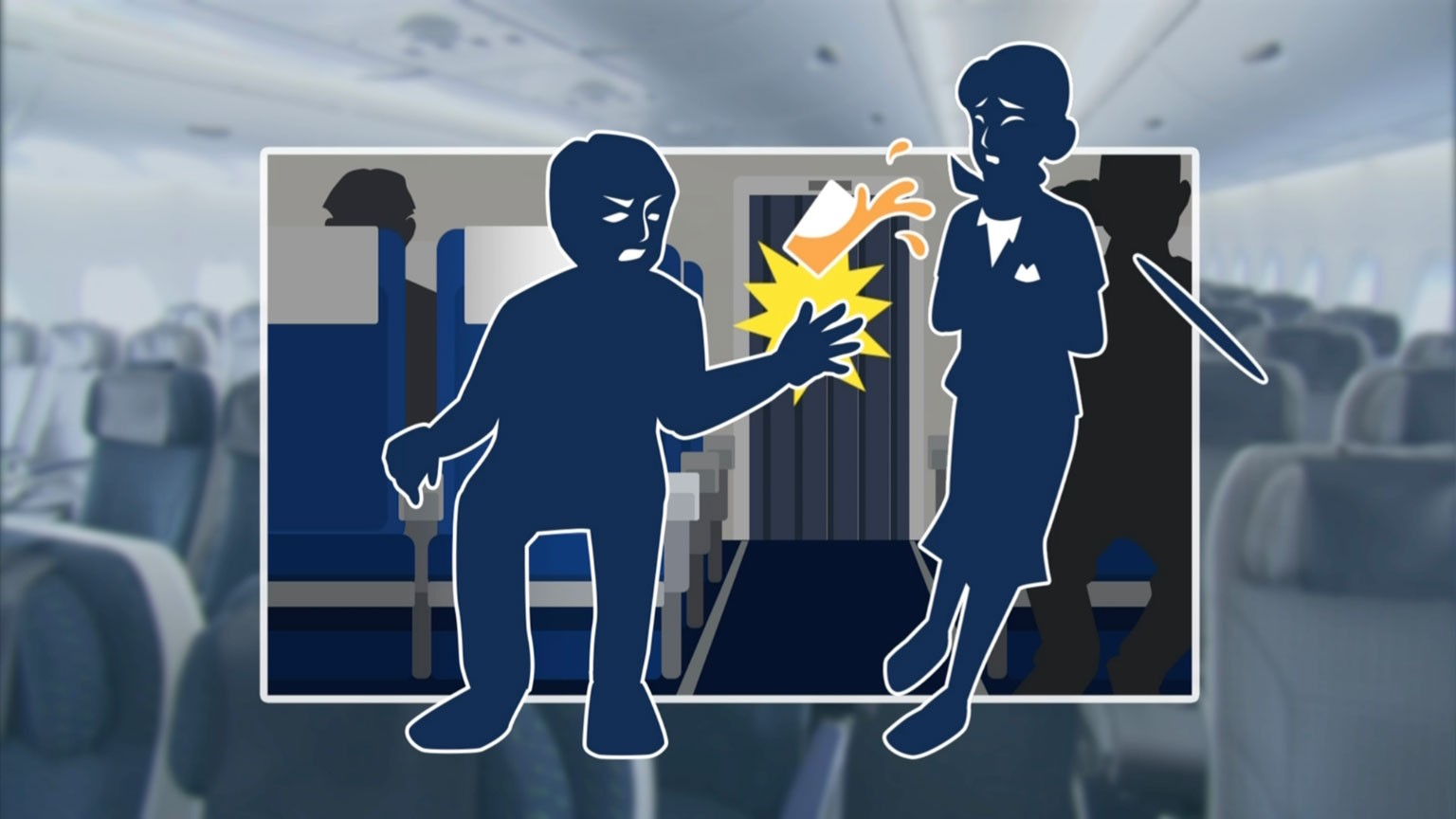Japanese call it "customer harassment." Airlines are reporting the bad behavior on the ground, and in the air:
"What I want is fruit juice. Don't be silly," snapped a passenger to a flight attendant serving cold tea.
That response was bad enough. But worse was to follow when the attendant apologized and offered juice instead.
"Why do you think I still need it! Don't insult me!"
The customer ended the exchange by throwing the cup at the attendant.
According to the airlines, this is a far from uncommon incident. ANA and JAL say their staff filed a combined 600 harassment reports last fiscal year.
These confrontations run to all shades of toxic: Staff are the target of personal insults, with abusive passengers calling them stupid or incompetent when their demands are not met. Customers have even been known to demand that the airline send staff to their home to apologize in person for flight delays and other inconveniences.
The airlines say the harassment is happening on both domestic and international flights, and many of the perpetrators are Japanese.
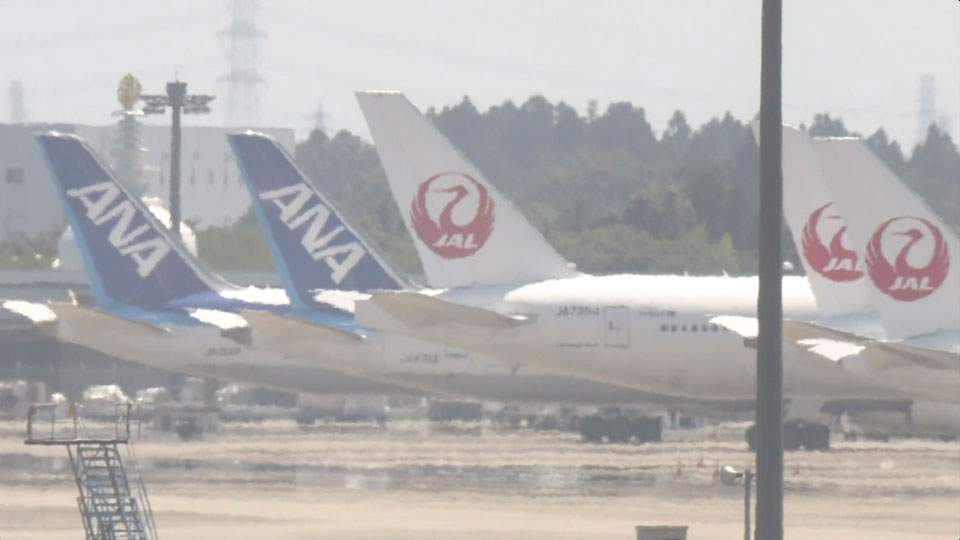
Customers' soaring expectations
Customer harassment is not restricted to airlines and the problem appears to be on the rise. According to a survey released by the Ministry of Labor in March, 28 percent of the approximately 8,000 companies that responded said their employees had reported troubles with their customers within the past three years.
Of these, 23 percent said such incidents had increased, compared to 11 percent who said they had decreased.
An expert on consumer psychology says the problems can often be traced to the "customer is god" mentality that permeates Japanese business culture.
"Japanese workers provide a high level of service to consumers. And that has raised consumer expectations," says Ikeuchi Hiromi, Professor of Sociology at Kansai University. "As a result, companies are forced to provide a much higher level of services to meet those expectations. In some ways, companies have brought this on themselves."

She adds that air travel is a typical case where passengers expect to be treated with exceptional service.
Impacting employees and other passengers
Miyashita Yoshiko, Vice President of Customer Experience Management at ANA, says abusive behavior is taking its toll on employees and even impacting other passengers.
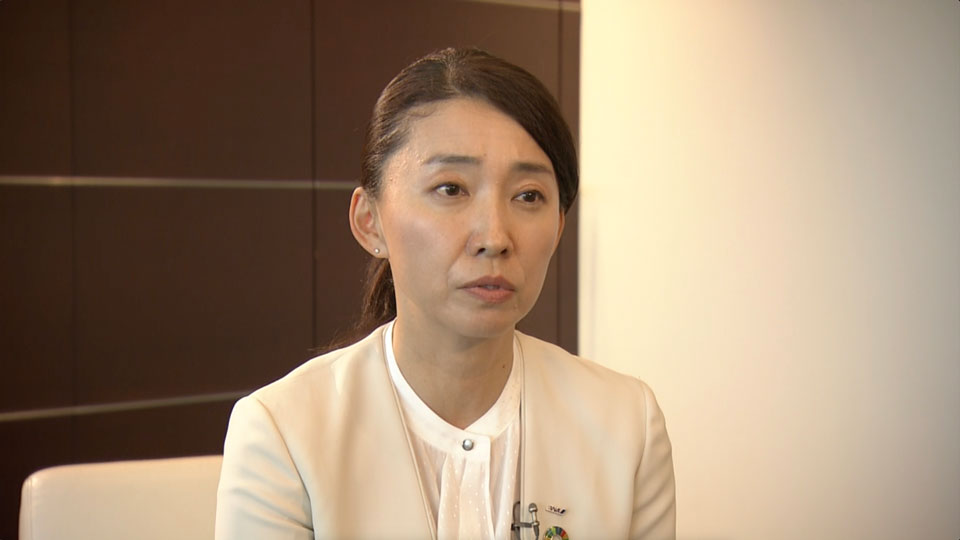
"There have been many reports of our employees taking time off work due to mental stress after being verbally abused or assaulted by customers," she said. "Some passengers who witnessed such acts told us it made them regret having boarded the flight.
"Considering the impact on employees, and the impact on customers' comfort, we need to take measures at an industry-wide level."
Rival airlines jointly set up guidelines
The two airlines jointly released a set of guidelines to combat the troubling behavior. The new policy's definition of "customer harassment" includes acts that go "beyond obligations or societal norms."
The guidelines have set nine criteria. Alongside illegal activities like property damage, they also include sexual harassment, as well as "words or deeds that make the staff feel threatened" and "excessive or unreasonable demands."
The airlines say if an employee reports a violation of these rules, several staff including managers will be sent to assist them deal with the situation. Physical violence or other criminal acts will be reported to police.
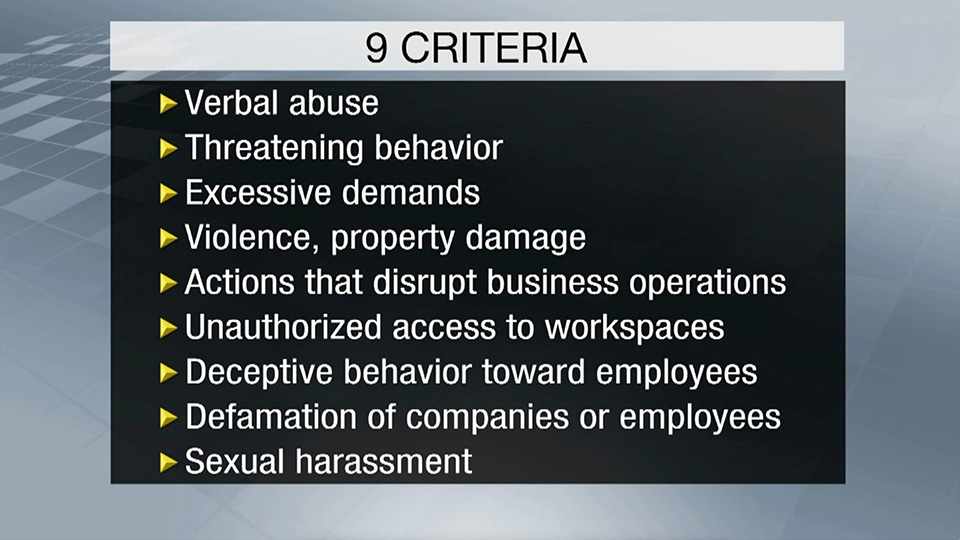
Kamitsuji Rika, Vice President in the Customer Experience Division at JAL, says the guidelines can protect its employees by changing their mindset.
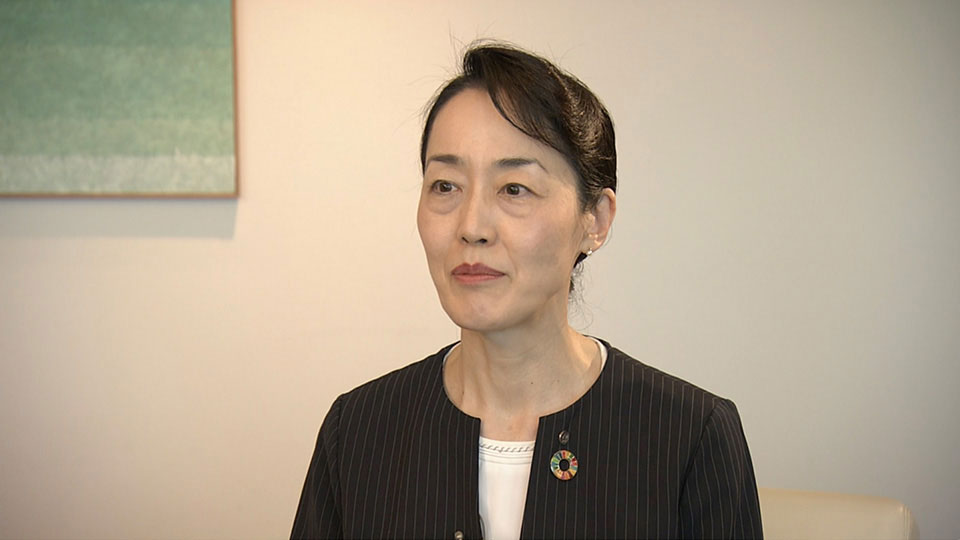
"It can assure them that they can refuse a customer's request if it goes too far," she said. "They can give the passenger a warning by saying, ‘please refrain from making such comments.' I think that will give the customer a chance to realize that they went too far."
Expert: Equal treatment needed
Kansai University's Ikeuchi points out that abuse is often triggered when a customer feels they are not getting the same service or treatment they experienced on a previous occasion. For that reason, she says the guidelines will only work if they are applied in a coordinated and standard manner.
She says, "Each employee needs to accurately understand the new policy and respond to the situation. That's why I think companies need to ensure their employees acquire this understanding through follow-up training."
Dealing with complaints is part of doing business. But the airlines hope the new guidelines will encourage customers to reflect on whether they might be going too far when they voice their frustrations or act out.
